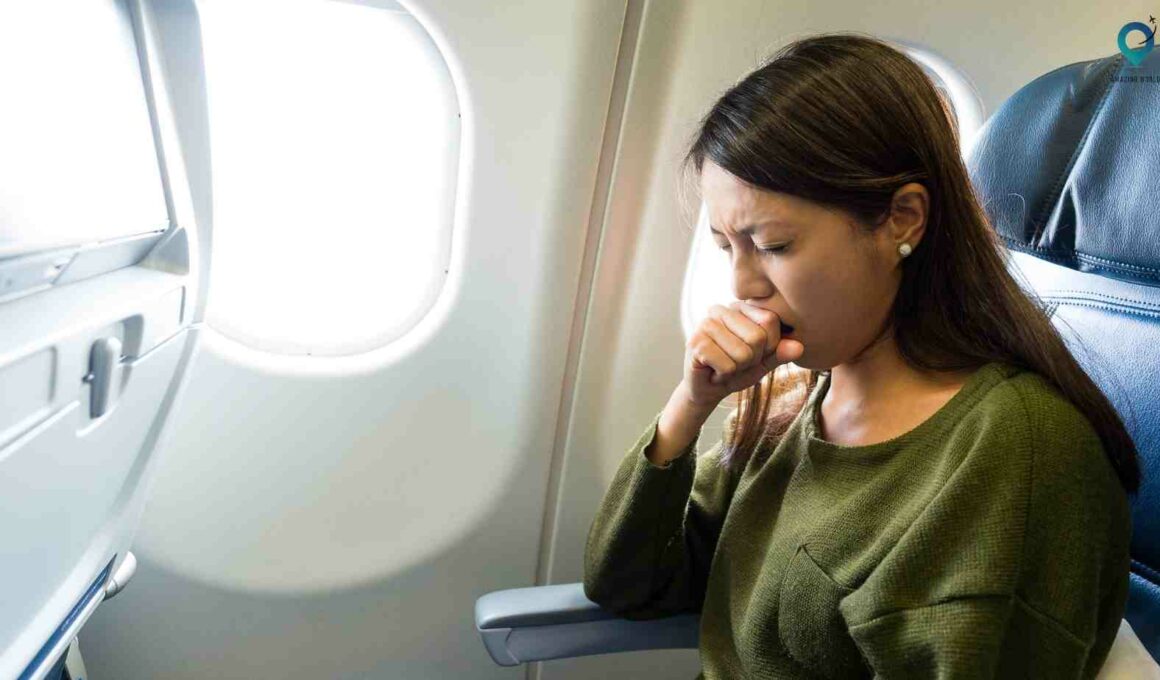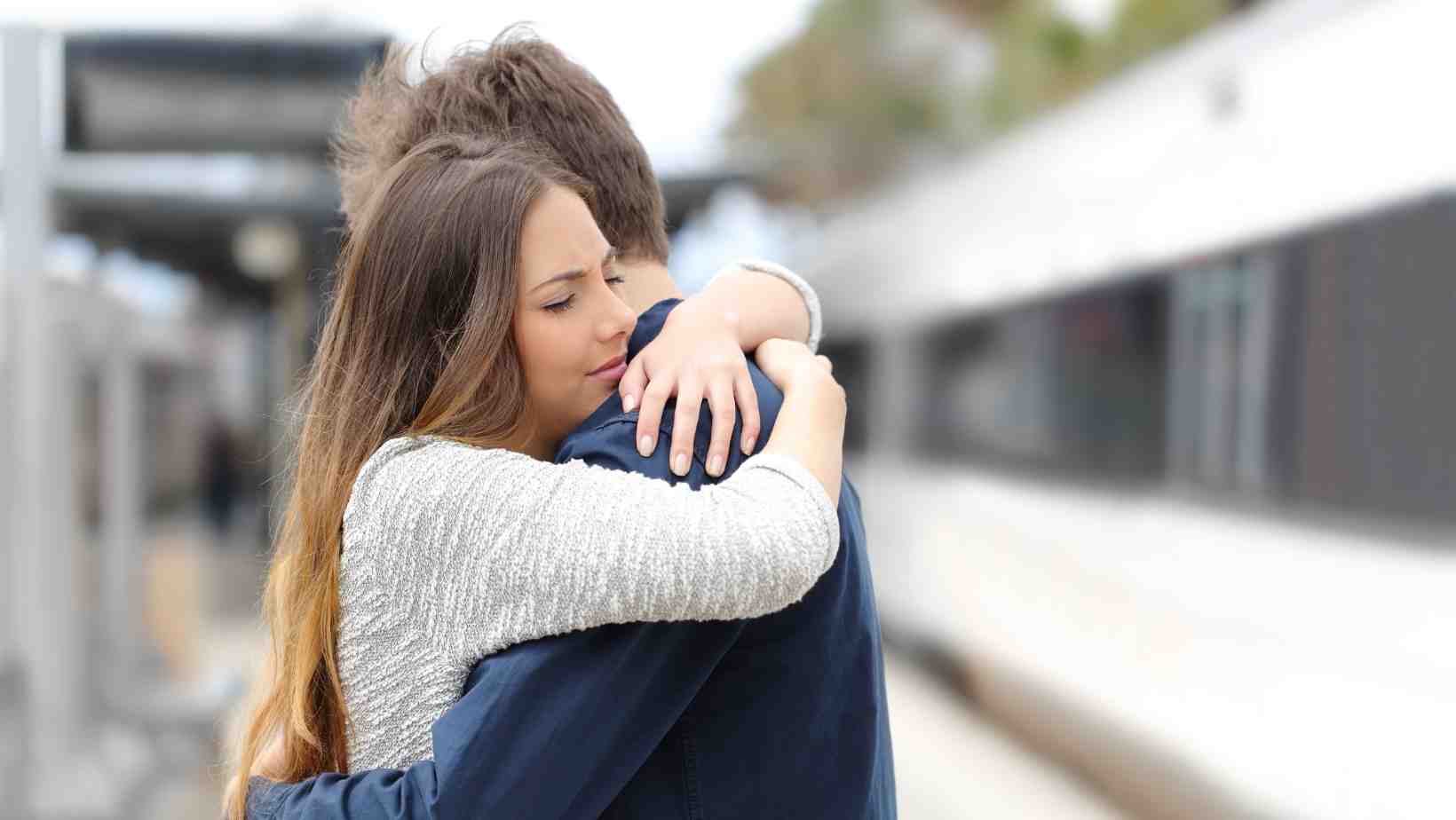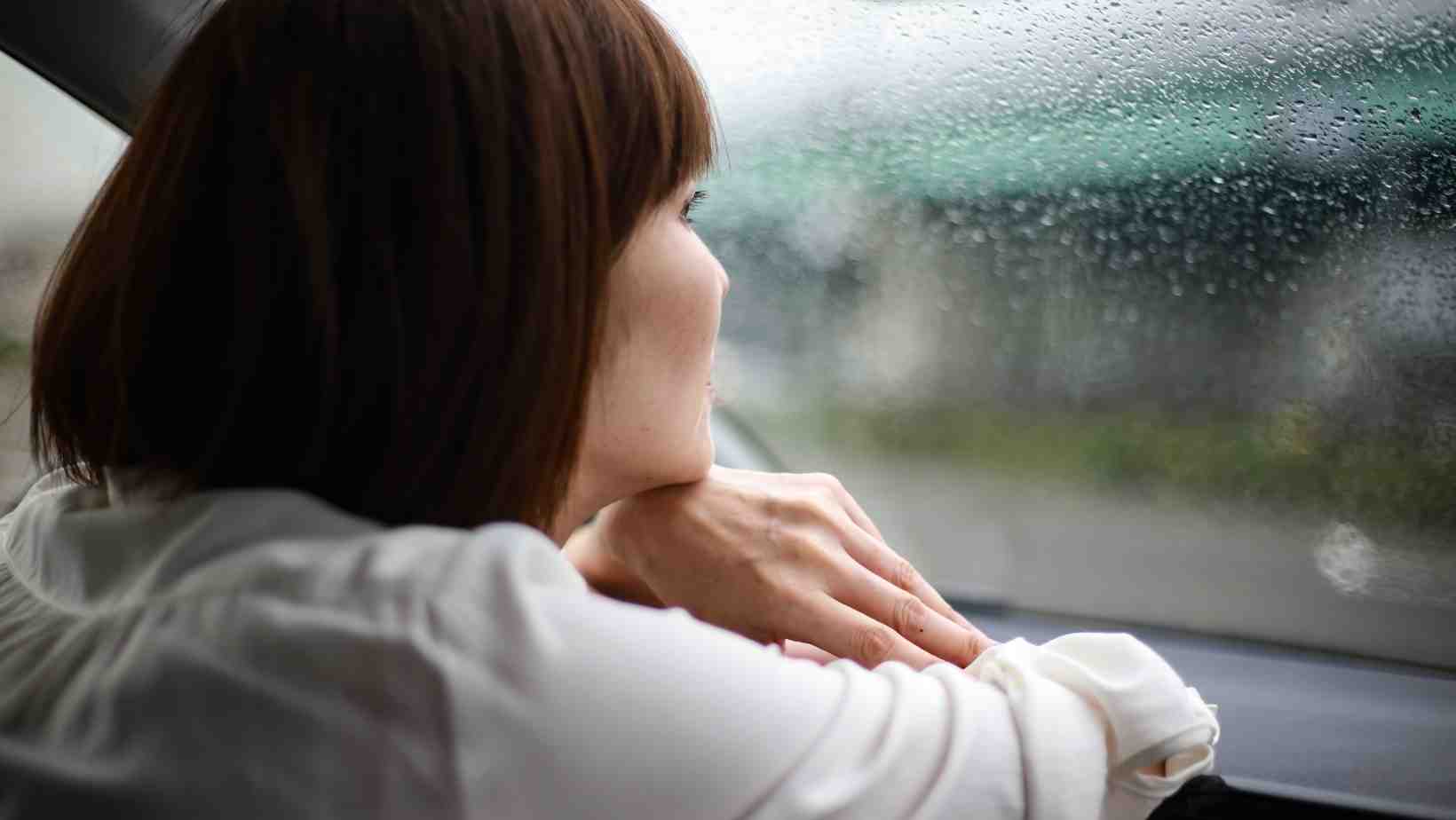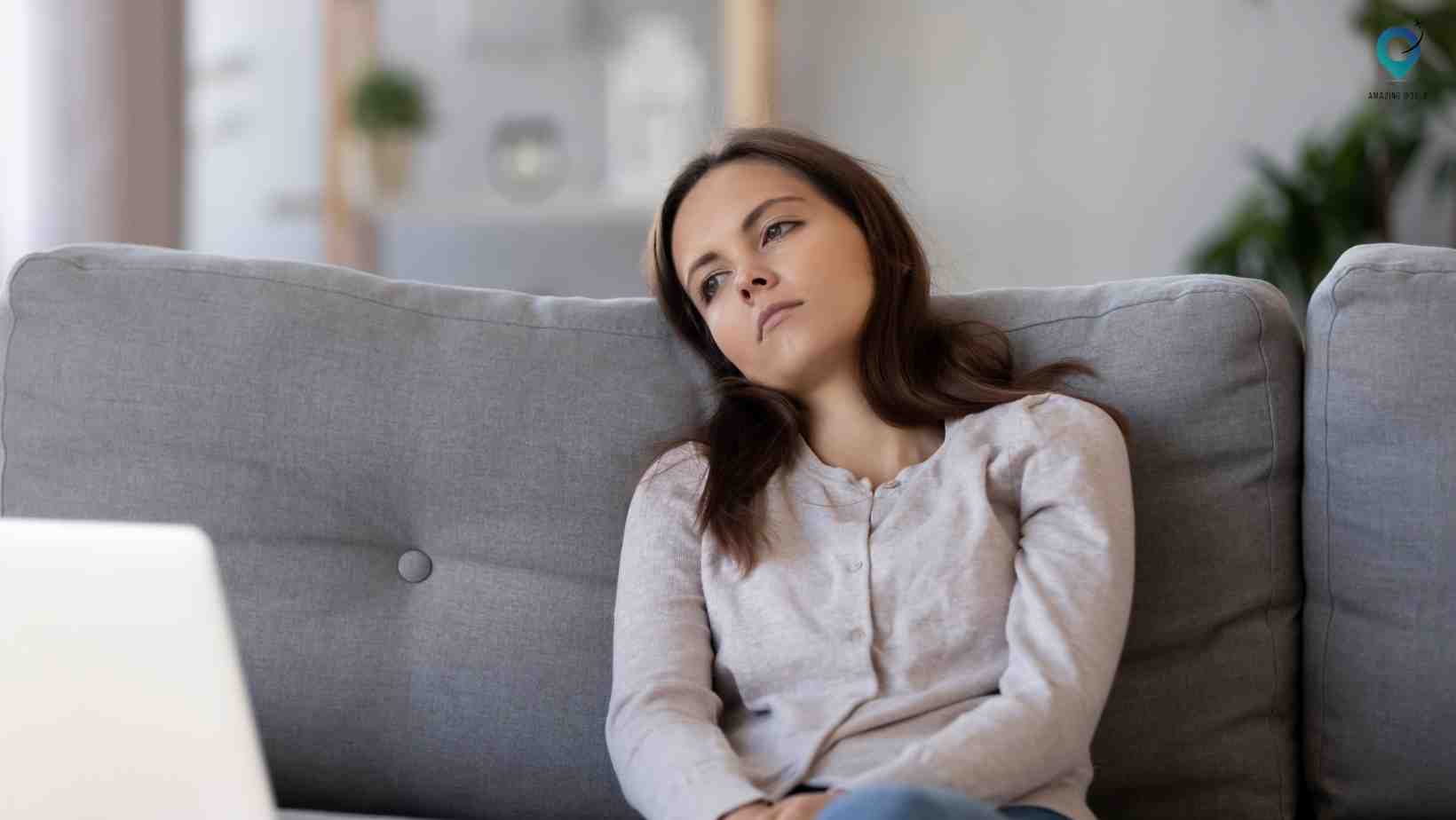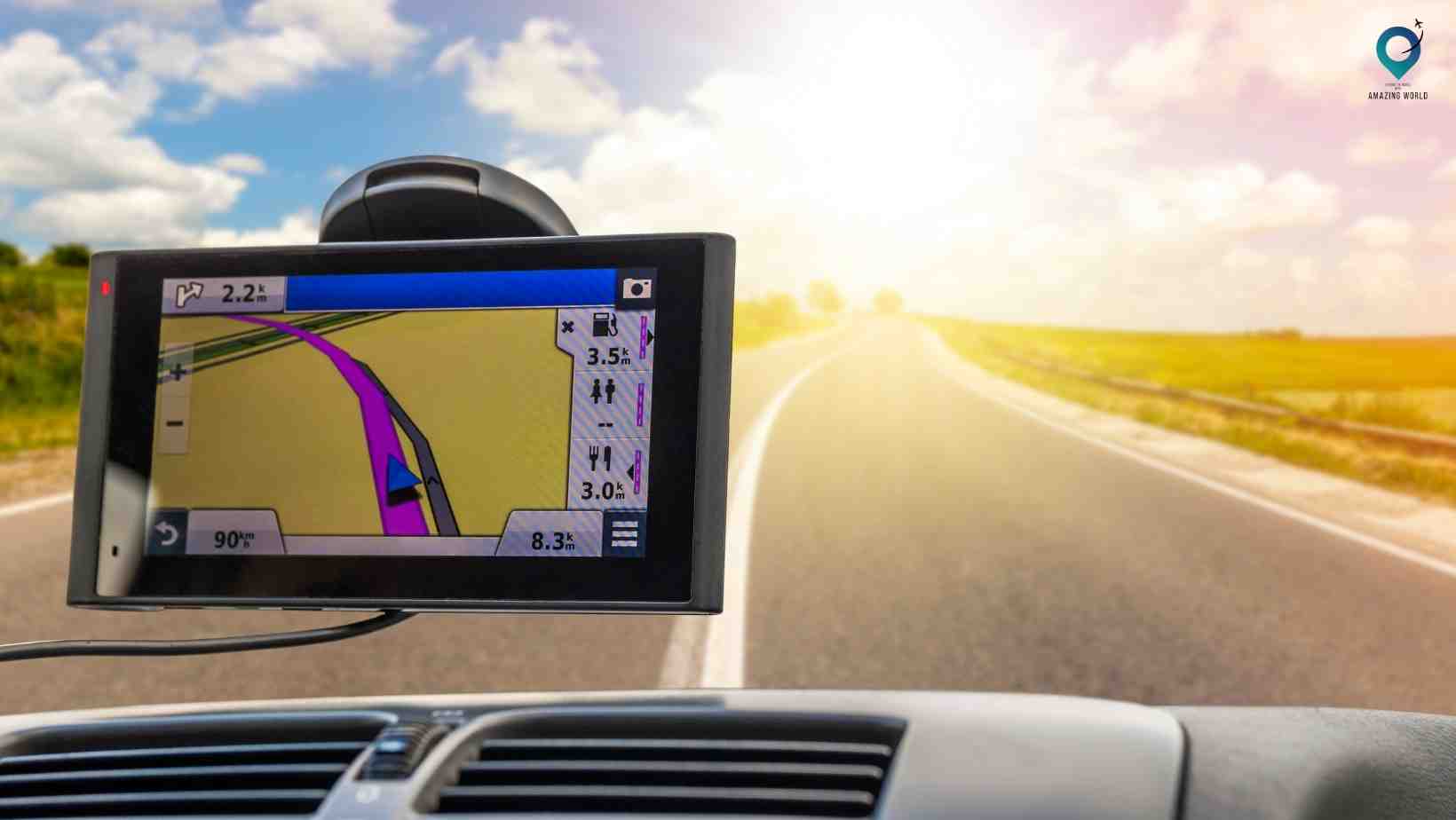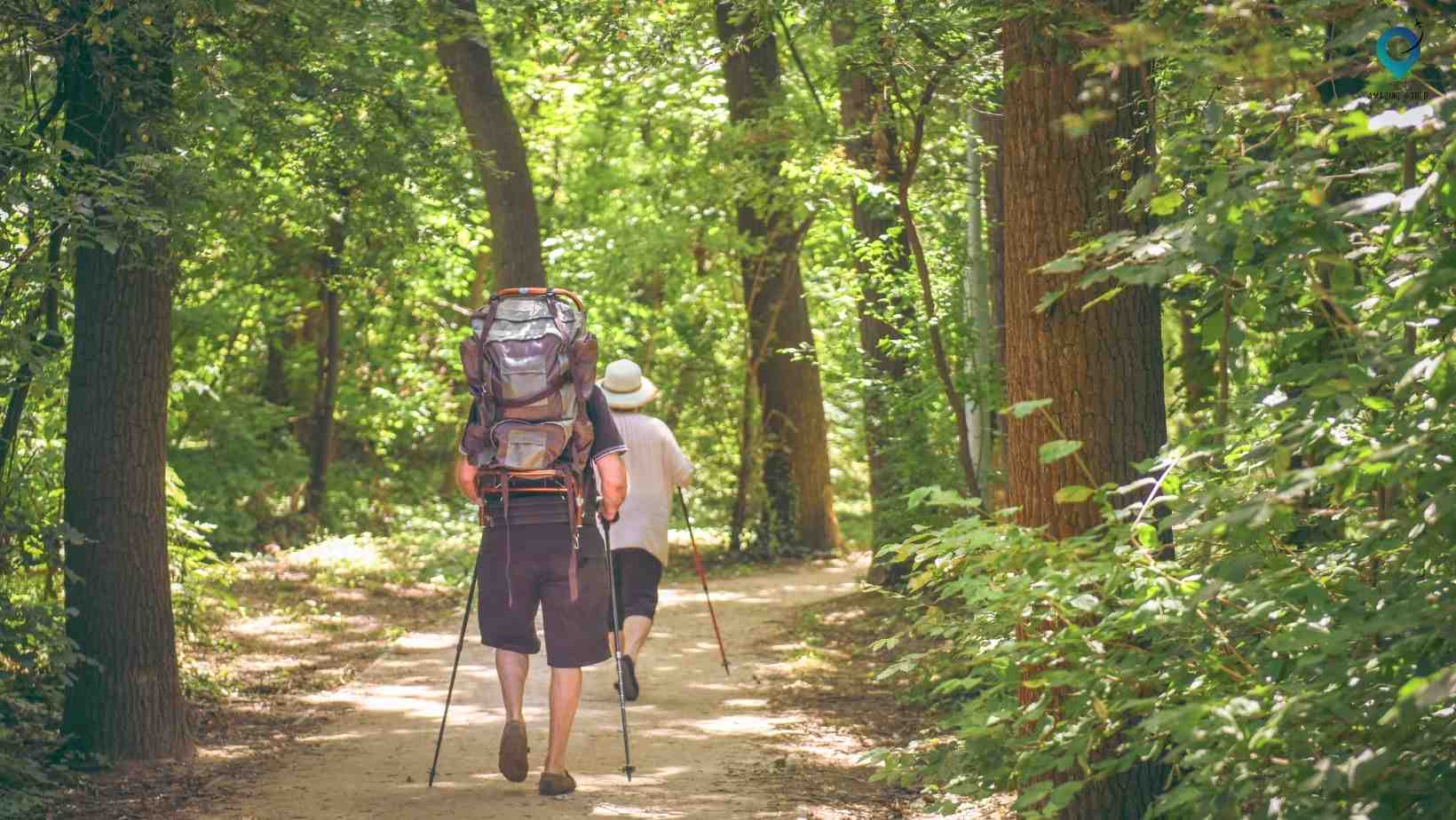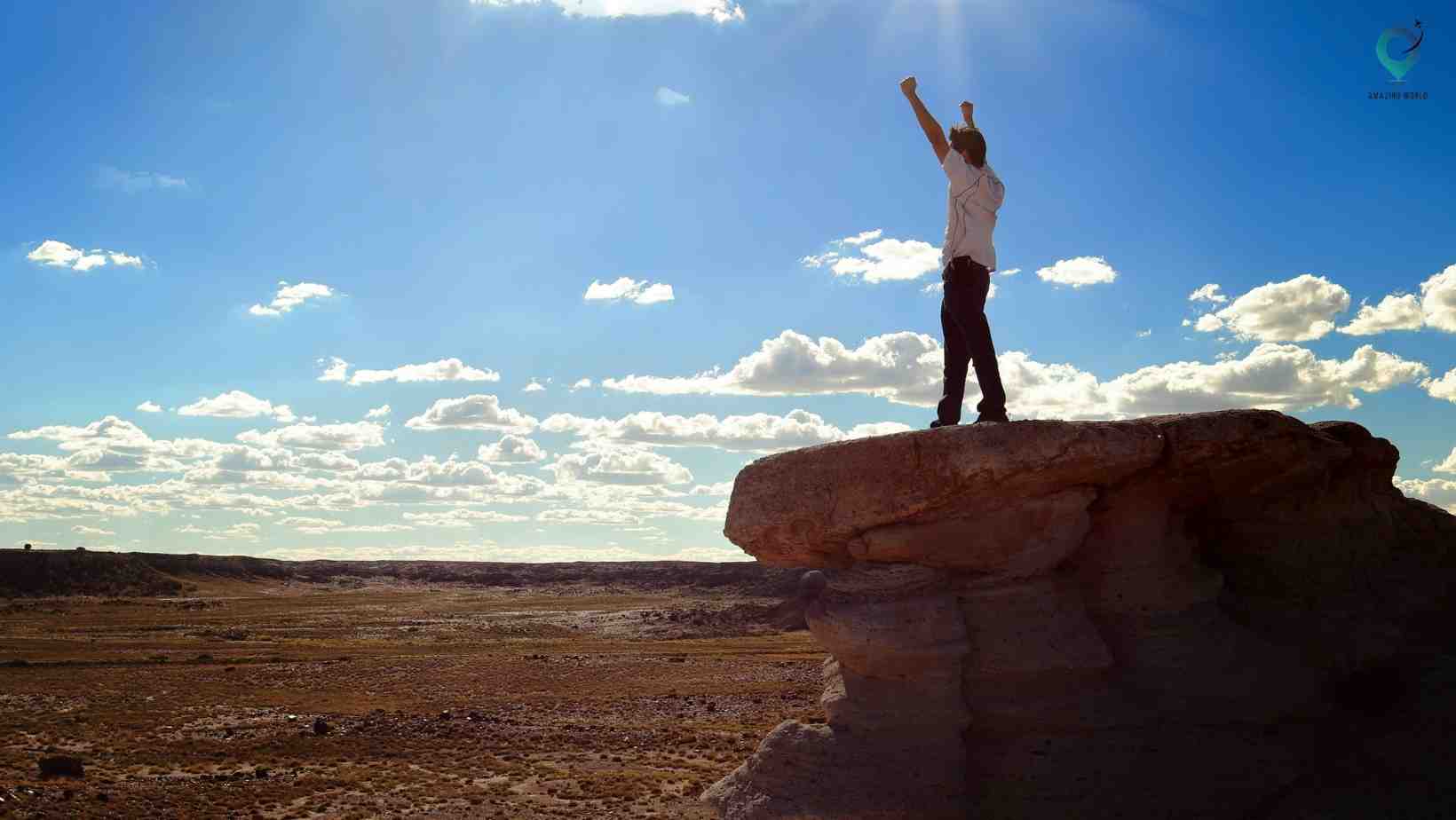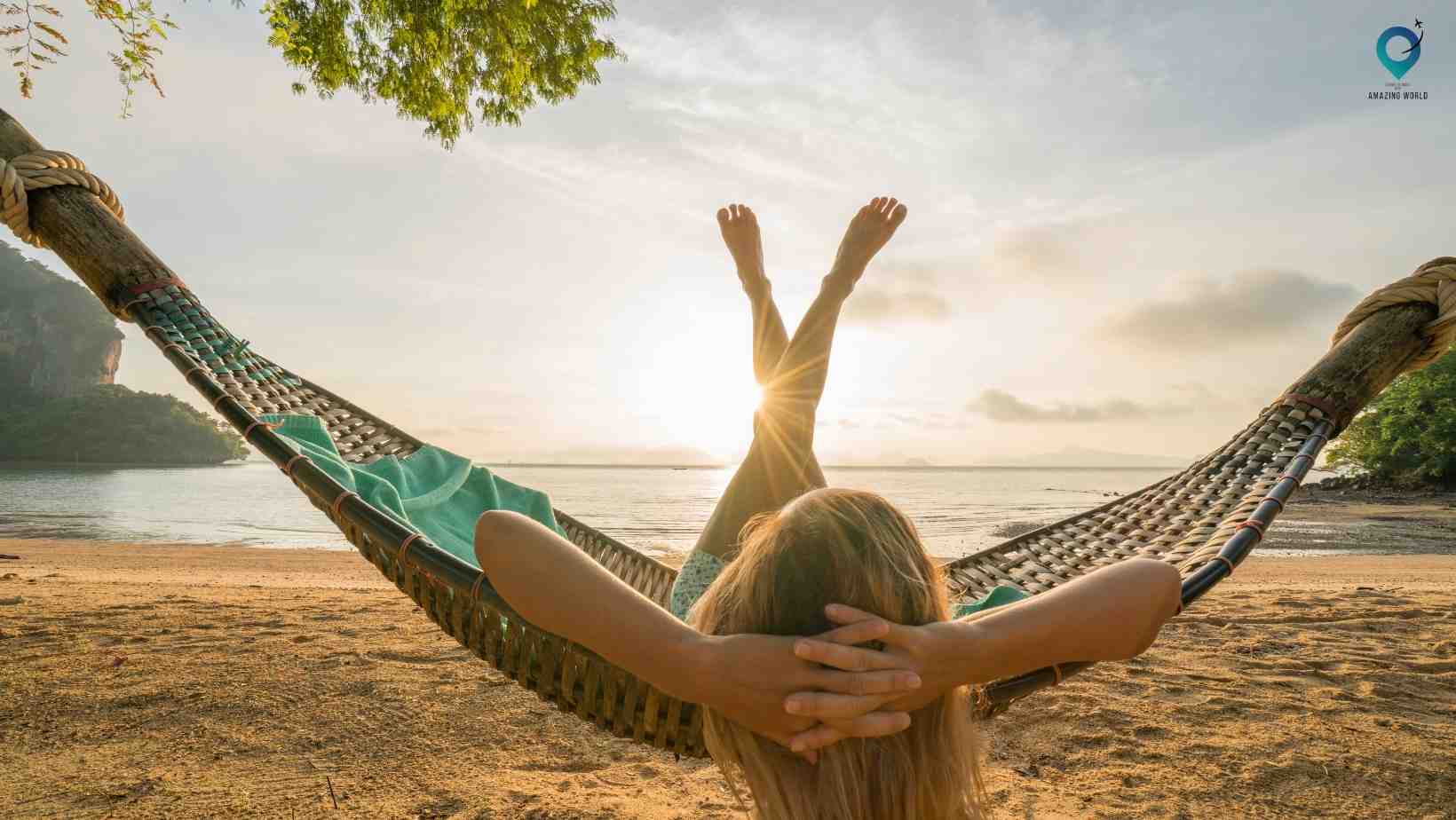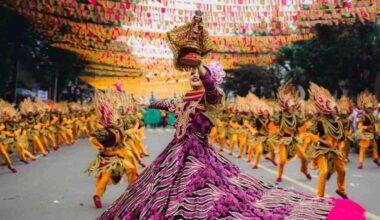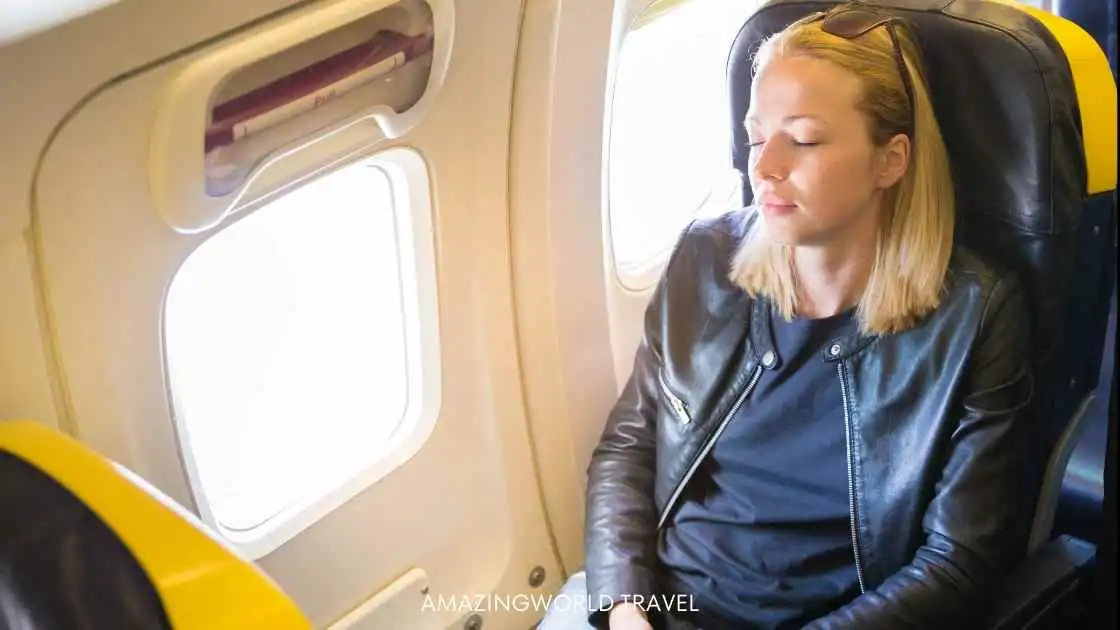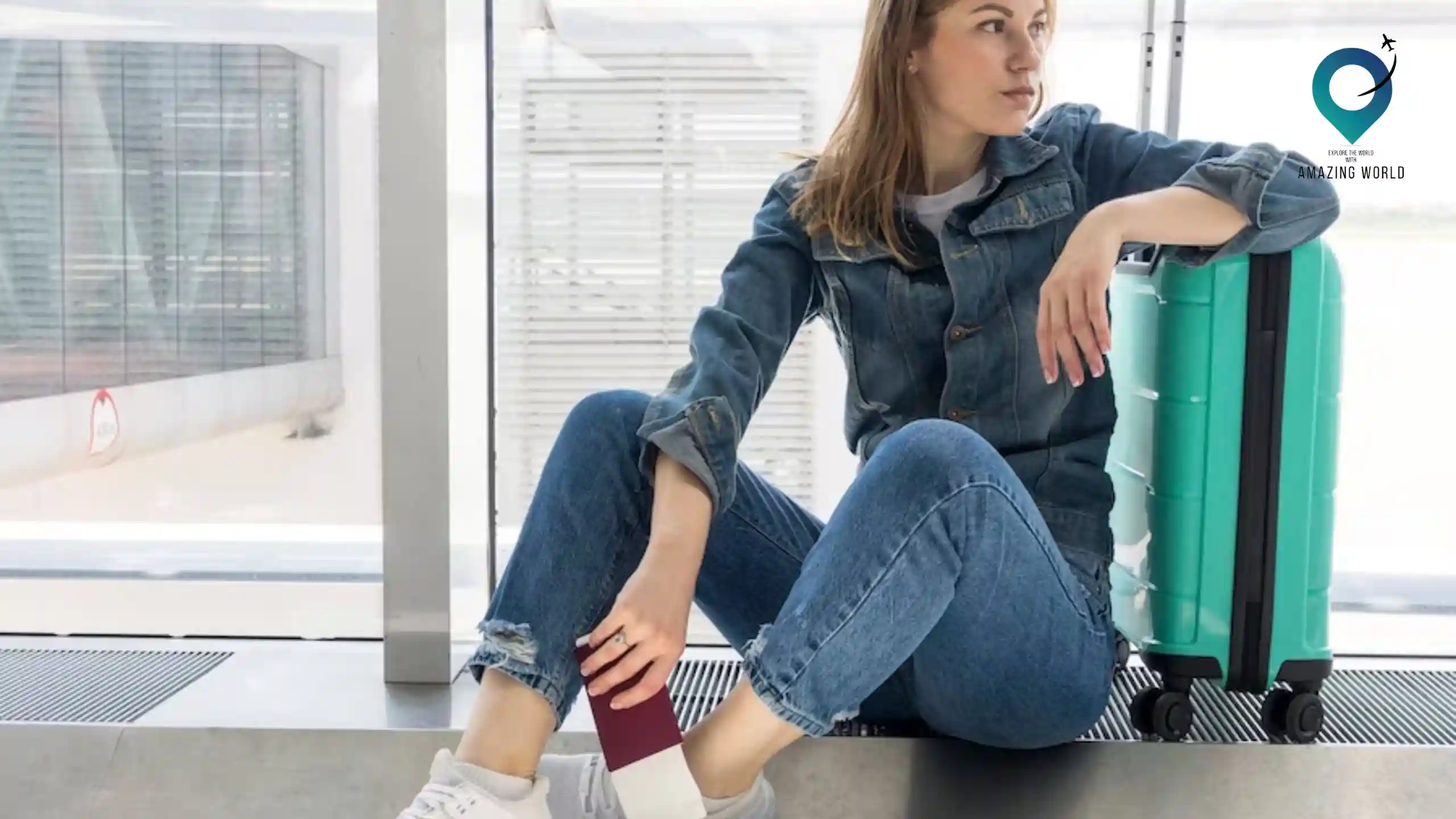Mastering Travel Anxiety: Proven Methods to Make Your Journeys Relaxing
Are you feeling uneasy or stressed about your upcoming travels? Is the thought of stepping into the unknown causing you anxiety? Travel anxiety is more common than you might think, affecting many individuals as they plan for their journeys.
But worry not! In this guide, we’ll explore proven methods to help you conquer travel anxiety and transform your trips into relaxing and enjoyable experiences. Whether it’s the fear of the unfamiliar, concerns about safety, or past negative encounters during travel, we’ve got you covered with effective strategies to alleviate those nerves.
Join us on a journey to mastering travel anxiety overcome and making your adventures not just stress-free but truly relaxing.
“If you are looking for the best hotel and flight deals for your next vacation, then we recommend booking your bundled flight and hotel through hotwire.com.“
Introduction to Travel Anxiety
Travel anxiety, a prevalent emotional response experienced by many individuals, encompasses a spectrum of feelings ranging from mild unease to severe distress before or during journeys. This widespread phenomenon is characterized by apprehension, worry, or nervousness associated with various aspects of travel. Factors contributing to this anxiety include the fear of the unknown, concerns about safety, worries regarding logistics and planning, or past negative experiences during trips. Studies indicate a substantial portion of travelers encounter some form of travel-related anxiety.
Understanding the prevalence of travel anxiety is vital, considering its impact on the overall travel experience. Unaddressed anxiety can lead to heightened stress levels, discomfort, and hindered enjoyment during trips.
It might also limit one’s ability to fully immerse oneself in new environments and cultures. Recognizing these emotions as valid and understanding their influence on travel experiences is essential.
Why it’s essential to Address Travel anxiety
travel anxiety is essential as it directly impacts the overall travel experience, influencing both the emotional well-being and the practical aspects of a journey. Several key reasons highlight the importance of overcoming travel anxiety:
- Enhanced Enjoyment: Unmanaged travel anxiety can detract from the enjoyment and excitement of exploring new destinations. Addressing anxiety allows individuals to fully immerse themselves in the experience, appreciating the beauty and culture without unnecessary stress.
- Improved Health and Well-being: High levels of anxiety during travel can lead to increased stress, affecting one’s physical and mental health. Managing anxiety contributes to a healthier state of mind and body throughout the journey.
- Enhanced Decision-making: Anxiety can cloud judgment and hinder decision-making abilities. By addressing and managing travel anxiety, individuals can make clearer, more rational decisions during their trips.
- Better Adaptation to Situations: Travel often involves dealing with unexpected situations. Managing anxiety equips individuals with better coping mechanisms, allowing them to adapt more effectively to changes or challenges that arise during their journeys.
- Positive Travel Memories: Unchecked anxiety may overshadow positive travel experiences, leading to a focus on negatives rather than cherishing the memorable moments. Addressing anxiety ensures a more balanced perspective, allowing individuals to create lasting positive memories.
- Increased Confidence: Managing travel anxiety builds resilience and confidence, empowering individuals to tackle future travel experiences with a more positive outlook.
In essence, addressing travel anxiety is fundamental for a more enjoyable, healthier, and fulfilling travel experience. It enables individuals to navigate through the challenges of travel with a clearer mind, allowing them to embrace the journey to its fullest potential.
Causes of Travel Anxiety
Understanding the Root Causes:
Travel anxiety can stem from various sources, including:
- Fear of the Unknown: The uncertainty associated with new places, cultures, or experiences can trigger anxiety. Individuals might feel anxious about unfamiliar surroundings, languages, or customs.
- Previous Negative Experiences: Past unpleasant incidents during travel, such as missed flights, lost luggage, or uncomfortable situations, can lead to anticipatory anxiety about similar occurrences.
- Control and Safety Concerns: Feeling a lack of control over situations or worrying about safety measures while traveling, especially in unfamiliar environments, can heighten anxiety levels.
Recognizing these causes is pivotal in addressing and managing travel anxiety effectively. Strategies aimed at mitigating these concerns can significantly alleviate anxiety before and during travel.
Preparation Techniques
Planning and Organization:
- Thorough Trip Planning: Detailed itinerary planning, including accommodations, transportation, and activities, can help reduce uncertainty and anxiety.
- Checklists and Timelines: Creating checklists and timelines for packing, travel documents, and pre-departure tasks assists in ensuring a smoother journey, reducing last-minute stress.
- Researching the Destination: Learning about the destination’s culture, local customs, and basic phrases of the local language can provide a sense of familiarity and confidence.
Implementing these preparation techniques helps individuals feel more in control of their travel plans, minimizing anxiety associated with uncertainties.
Mindfulness and Relaxation Techniques
Breathing and Relaxation Exercises
- Deep Breathing: Practicing deep breathing exercises, such as diaphragmatic breathing or box breathing, can help calm nerves and reduce stress levels.
- Progressive Muscle Relaxation: Tensing and relaxing muscles progressively throughout the body helps release tension and promotes relaxation.
Mindfulness Practices
- Mindful Meditation: Engaging in guided meditation or mindfulness practices helps individuals focus on the present moment, reducing anxiety about the future or past travel experiences.
- Grounding Techniques: Using sensory experiences like focusing on sounds, smells, or tactile sensations can anchor individuals in the present, easing anxiety.
Distraction Methods
Engaging Activities During Travel
- Entertainment: Carrying books, puzzles, or engaging in games on electronic devices helps divert attention from anxious thoughts.
- Creative Pursuits: Sketching, journaling, or engaging in creative hobbies serve as productive distractions during travel.
Listening and Watching
- Music and Podcasts: Listening to soothing music, podcasts, or audiobooks creates a calming atmosphere and distracts from anxiety-inducing thoughts.
- Movies or Shows: Watching movies or shows on a device or inflight entertainment can provide an escape from travel-related stress.
These distraction methods offer a way to shift focus and occupy the mind during the journey, reducing feelings of anxiety or restlessness.
Utilizing Support Systems
Seeking Assistance from Companions
- Travel Companions: Sharing concerns with travel companions and seeking reassurance or support can alleviate anxiety.
- Communication: Openly discussing anxieties with friends, family, or fellow travelers allows for understanding and support.
Professional Help and Resources
- Therapeutic Support: Consulting mental health professionals or therapists for guidance on managing travel anxiety can be beneficial.
- Online Communities: Engaging with online forums or support groups focused on travel anxiety provides a platform to connect with others facing similar challenges.
Utilizing support systems, whether through companionship, professional guidance, or community support, offers a sense of reassurance and comfort during travel, easing anxiety levels.
During the Journey
Coping Mechanisms While in Transit
- Breathing Techniques: Continuing deep breathing exercises or mindfulness practices during transit helps maintain a sense of calm.
- Positive Distractions: Engaging in activities, like observing surroundings, chatting with fellow passengers, or focusing on in-flight entertainment, aids in diverting attention.
Dealing with Unexpected Situations
- Flexibility: Embracing flexibility in plans and having backup options in case of unexpected events or changes helps manage anxiety when things don’t go as planned.
- Problem-solving: Adopting a problem-solving mindset helps individuals approach challenges during the journey with a more constructive outlook.
Adapting to Travel Challenges
Embracing Uncertainty and Flexibility
- Mindset Shift: Adopting a flexible and adaptive mindset helps individuals navigate unexpected situations without heightened anxiety.
- Problem-Solving Approach: Developing problem-solving skills allows travelers to address challenges as they arise, minimizing the impact on overall travel experience.
Learning from Challenges
- Growth Opportunity: Viewing challenges as learning experiences fosters personal growth and resilience for future travels.
- Positive Perspective: Reflecting on challenging situations and extracting positive lessons helps in adapting more effectively in the future.
Adapting to travel challenges involves a mindset shift towards flexibility, resilience, and a positive approach to handling unforeseen circumstances.
Creating a Relaxing Environment
Comfortable Accommodations
- Choosing Suitable Lodging: Opting for accommodations that offer comfort and a sense of security contributes to a relaxing environment.
- Personal Touches: Bringing along familiar items or comforts from home, like a favorite pillow or scented candle, helps create a sense of familiarity.
Establishing Soothing Routines
- Rituals for Relaxation: Incorporating relaxing rituals, such as a calming bedtime routine or morning meditation, aids in creating a peaceful environment.
- Creating Personal Spaces: Carving out personal spaces within travel accommodations for relaxation enhances comfort and tranquility.
Creating a relaxing environment involves consciously setting up surroundings and routines that promote calmness and comfort during travel.
Maintaining Self-Care
Prioritizing Rest and Sleep
- Quality Sleep: Ensuring adequate sleep and restful downtime contributes to physical and mental well-being during travel.
- Managing Fatigue: Recognizing fatigue and taking breaks to recharge prevents exhaustion and stress.
Healthy Eating and Hydration
- Balanced Nutrition: Consuming nutritious meals and snacks supports overall well-being and energy levels.
- Hydration: Staying hydrated is crucial for maintaining physical health and reducing travel-related stress.
Exercise and Movement
- Staying Active: Incorporating physical activity, whether through walks, stretching, or exercise, helps alleviate stress and promotes relaxation.
Maintaining self-care during travel involves attending to physical and emotional needs, ensuring travelers remain healthy, energized, and resilient throughout their journey.
Post-Travel Anxiety Management
Reflecting on Positive Experiences
- Gratitude Practice: Focusing on positive aspects and moments from the trip helps counter post-travel anxiety.
- Journaling: Recording enjoyable experiences and lessons learned from the journey reinforces positive memories.
Easing Back into Routine
- Gradual Transition: Gradually reintegrating into daily routines instead of abrupt shifts helps reduce post-travel stress.
- Self-Compassion: Being kind to oneself and acknowledging that readjustment takes time assists in managing post-travel anxiety.
Conclusion.
Overcoming travel anxiety is a transformative journey that involves understanding, addressing, and effectively managing the various aspects of anxiety before, during, and after travel. By acknowledging the prevalence and impact of travel-related anxieties, individuals can take proactive steps to enhance their travel experiences significantly.
Throughout this comprehensive guide, we’ve explored the multifaceted nature of travel anxiety and provided actionable strategies to alleviate its effects. From identifying the root causes of anxiety to implementing preparation techniques, mindfulness practices, and distraction methods, each step is aimed at empowering travelers to navigate their journeys with greater ease and relaxation.
How much did you like Our detailed How to Overcome Travel Anxiety and Enjoy Stress-free trips? Review Also, please share these Blogs with your friends on social media.
Recommended
- 30+ Best Atlantic Beaches
- London Travel Guide
- Airplane Travel Tips
- Paris Travel Tips
- How to travel the world on a budget of $1,000
FAQs on Travel Anxiety
How can I prepare myself mentally for a trip to reduce anxiety?
Mental preparation involves planning, relaxation techniques, and visualizing positive outcomes to feel more in control and less anxious about the journey.
What are some quick relaxation techniques I can use during travel?
Quick relaxation methods like deep breathing, muscle relaxation, and mindfulness exercises help manage anxiety discreetly while on the move.
Should I seek professional help for severe travel anxiety?
Seeking professional support is advisable if travel anxiety significantly disrupts daily life or causes distress, as therapists can offer personalized strategies for effective management.
How can I prevent post-travel anxiety after returning home?
Reflecting on positive experiences, easing back into routines gradually, and practicing self-care can help minimize post-travel anxiety by focusing on positives and well-being.

Meet David Hoper, a passionate travel Blog writer with 7+ years of experience in travel content. Through his exemplary storytelling and engaging narratives, he shares his experiences and brings destinations to life. With a keen eye for detail and a love for exploration, he has cultivated a diverse portfolio of travel blogs that inspire and inform readers worldwide.
